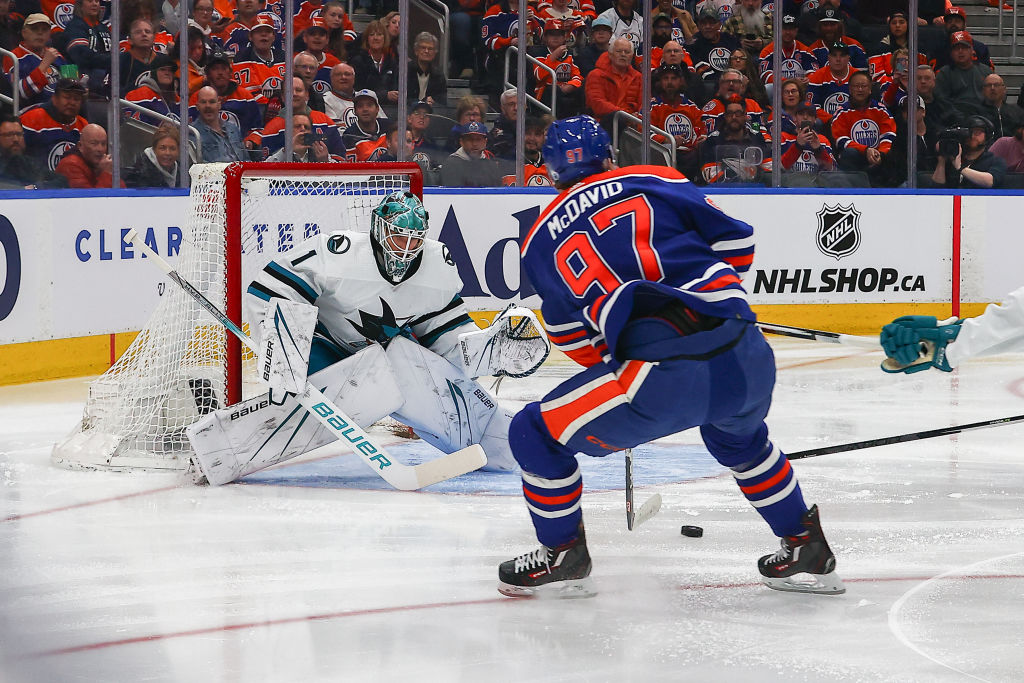I often wonder how John Wooden would have survived the current climate in college basketball.
If he were angry over tactics used by his opponent, would he threaten to kill him at a press conference, as John Chaney once did to John Calipari? Would he attract his own reality show, like Bob Knight? Would he do commercials for Chevy and American Express, like Mike Krzyzewski?
Would he be driven out of town at the first sign of program slippage, like Mike Davis? Would he have the stomach to deal with precocious teenagers with illusions of NBA grandeur? Would he stand for agents, shoe company reps and other various and sundry leeches hovering around his kids seeking profit? Could he deal with the intrusions of television upon his beloved game, and the overall crush of the modern media?
My guess is no, which is why it’s entirely fitting that he came along when he did. Whether the stars lined up according to some predestined plan, or if was just historical happenstance, Wooden thrived in an era in which a basketball coach could be a great teacher first, without an obligation to be a flamboyant front man for the program.
Wooden died Friday night at age 99.
Hollywood has provided us with an image of what a teacher is that doesn’t completely square with reality. According to such portrayals, a teacher is someone who is bigger than life, so he or she can mesmerize the students with the power of their personality.
Wooden kept his pupils entranced with the power of his teachings, and his personality flowed like residue from that. He was bespectacled, erudite, dapper in a Midwestern general store kind of way and precise about how things should be done.
Sports
Certainly there are excellent teachers operating in the game today, but few who exemplify the profession as a spiritual calling. Wooden took an almost mystical approach to imparting the principles of basketball to his charges, approaching drills as sacred rituals to be honored. Each practice was a time of worship, and those who wavered would never find the final reward, which was victory.
The 10 NCAA championship banners hanging from Pauley Pavilion as a result of Wooden’s influence don’t get mentioned as much as his “pyramid of success.” It is comprised of blocks named for individual qualities or necessities needed for success, such as “poise,” “confidence,” “initiative” and “loyalty,” to name a few.
Obviously “self-control” isn’t as in vogue as it was during Wooden’s day, as evidenced by the antics of certain high-profile coaches. But the concept of a pyramid of success, in and of itself, indicates just how exact and methodical Wooden was in his approach to coaching.
Wooden’s attention to detail was almost as legendary as the Wizard of Westwood himself. He instructed his players how to put on their socks and shoes in order to cut down on the incidence of blisters. He taught them how to dress and groom themselves in order to maximize their own self-esteem and at the same time properly represent UCLA. His practices were mentally, physically and emotionally draining, but they were also invigorating in the way all great educational experiences can be.
As beloved as he was, he did have detractors. The name Sam Gilbert has been the only stain on Wooden’s illustrious past. Gilbert was a wealthy UCLA booster who became a sugar daddy to many of Wooden’s players. Although Wooden never was accused of directly participating, he was criticized for not stepping in and insisting on a sanitized environment. After all, 10 championships don’t happen without the acquisition of blue-chip talent. The pyramid of success, some alleged, would have meant little without the sphere of influence provided by the overzealous Gilbert.
But no man is perfect. Even if he did ignore Gilbert, it was likely because he was devoted to guiding his players. The good intentions of a good man and the bountiful results they bring often trump any missteps along the way.
Besides, other coaches had outstanding players and didn’t come close to achieving Wooden’s heights. Said the Wizard himself:
“You get a good run of players, a dominant player like (Lew) Alcindor, and people say you’re supposed to win three championships and we did. But Ohio State was supposed to win three with Jerry Lucas and John Havlicek and that bunch, and it won only one. Kansas was supposed to win three with Wilt Chamberlain and one year they didn’t even win their conference championship. … For the most part, we’ve done what we’re supposed to do. There’s no way you can have consistent success without players. No one can win without material. But not everyone can win with material.”
Whenever you talk to any of his ex-players — Kareem Abdul-Jabbar, Bill Walton, Jamaal (then Keith) Wilkes, and the list goes on and on — they gush about him like he was a favorite uncle. He not only had a profound influence on his students then, but it continues today. The lessons learned were good for a lifetime, not just a four-year stint in college.
His coaching record speaks for itself. But his impact didn’t end upon his retirement. If ever a humble, practical and unpretentious man could attain the status of royalty, it was Wooden. The UCLA faithful and basketball fans alike treated him like a precious natural resource, hanging on his every word, written or spoken. As a reservoir of wisdom, he was vast and never-ending.
He still is, and always will be.



